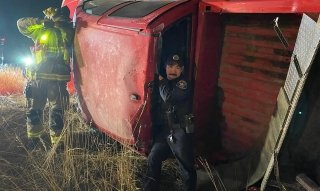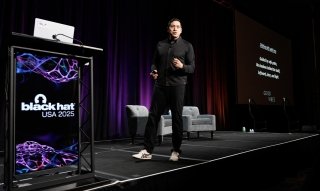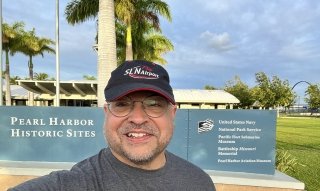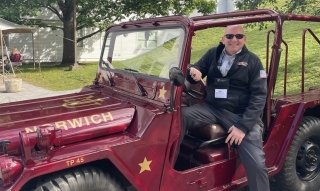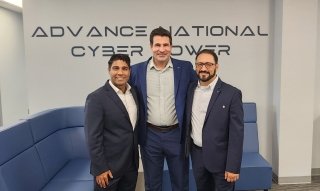Eugene Procknow
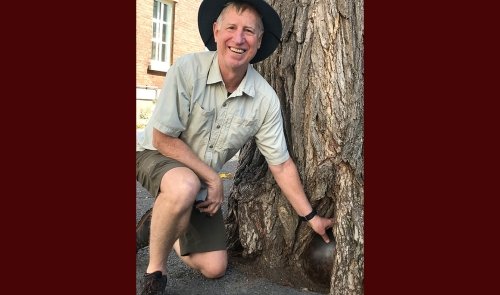
My Norwich degree opens doors to further professional development and better research and writing.
Q: "Tell us about yourself."
A: "After a successful career in management consulting, I embarked upon a second career as a professional historian. I wrote my first book, William Hunter, Finding Free Speech - A British Soldier's Son Who Became an Early American, published by Sunbury Press. Additionally, I write Revolutionary War articles for the Journal of the American Revolution. Currently, I have several pieces in consideration by a scholarly journal. When not researching and writing, I pursue all forms of snow skiing, hiking, and exploring new places."
Q: "Please describe briefly your professional experience and current employment."
A: "For over thirty years, I worked as a management consultant for a global consultancy assisting public sector and private companies in bettering their operations. I helped executives improve their leadership skills and create value for their customers."
Q: "What was your motivation for pursuing your degree?"
A: "After assisting organizations in improving their operations, I sought to bring my analytic and interpersonal skills to studying history. Norwich's Master of Arts in History program greatly assisted my transition into becoming a professional historian. Norwich University offers captivating courses led by world-class professors. My goal is to continue to develop as a professional historian. I plan to deepen and broaden my grasp of the American Revolutionary Era."
Q: "Why did you choose Norwich?"
A: "Norwich University's online master's program is first class with highly experienced professors teaching innovative curricula. My number one objective was to become a better writer. In my search for a program to help achieve this objective, I checked out many online programs. The Norwich program stood out for emphasizing written weekly discussions enhanced by the participation of highly knowledgeable faculty. Norwich's emphasis on helping its students become better writers is unique."
Q: "Did you have any uncertainties with choosing an online program?"
A: "As with any online program, my initial commitment was to complete the first semester. However, my positive first-term experiences made the decision to enroll in the second semester a "no-brainer." After my first course, I knew Norwich was right for me, and I never contemplated any other options."
Q: "Prior to beginning your courses, what were some of your expectations for an online degree program?"
A: "Norwich fosters extensive interactions with other students through written discourse. In many instances, I learned important lessons from my fellow students. My colleagues came from different walks of life, had diverse views, and were top-notch academically."
Q: "What advice would you give future students enrolling in one of Norwich's online programs?"
A: "Students get out of the program only if they commit to thinking deeply and working hard. If you just want to skate through a master's degree, Norwich is not your place. However, if you want to develop professionally and personally, Norwich is the place for you."
Q: "How do you plan to use your degree in your career?"
A: "Having a Norwich master's degree helps me write academically and be part of the professional history academy. My Norwich degree opens doors to further professional development and better research and writing."
Q: "What has been your biggest personal or professional success since starting your degree?"
A: "I wrote a book - William Hunter, Finding Free Speech - the Son of a British Soldier Who Became an Early American, which Sunbury Press published. Norwich helped develop the requisite skills, including penning historical narratives, technical accuracy, and providing supporting theses and arguments."
Q: "Please tell us about a time in which you could put your knowledge gained in the classroom to work immediately at your job."
A: "Networking is the number one benefit, including professional assistance from faculty and fellow students. I regularly interact with people I met through Norwich, critically expanding my history networks."
Update April 2024: Eugene Procknow has published a scholarly article in the Journal of Military History.

